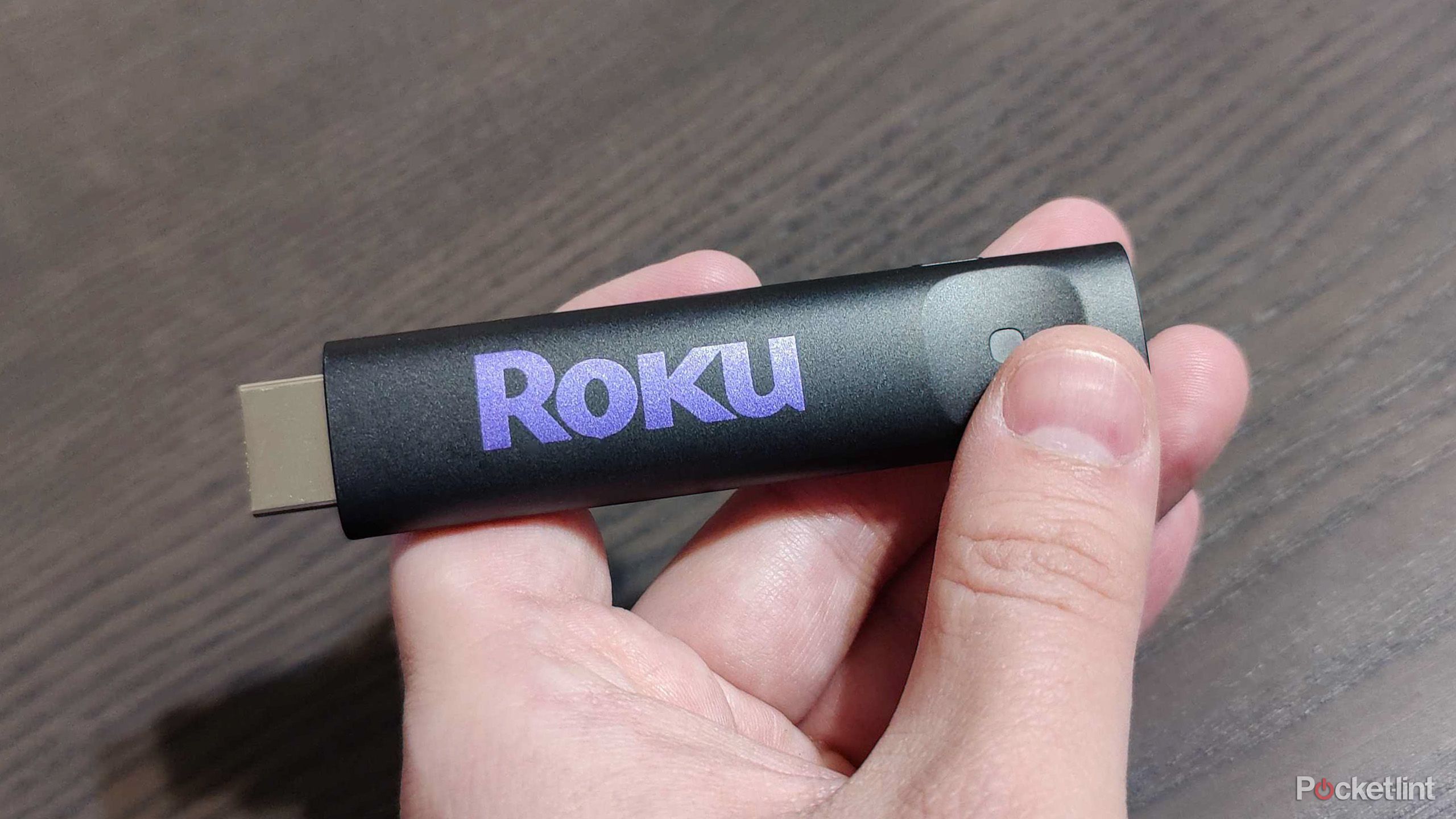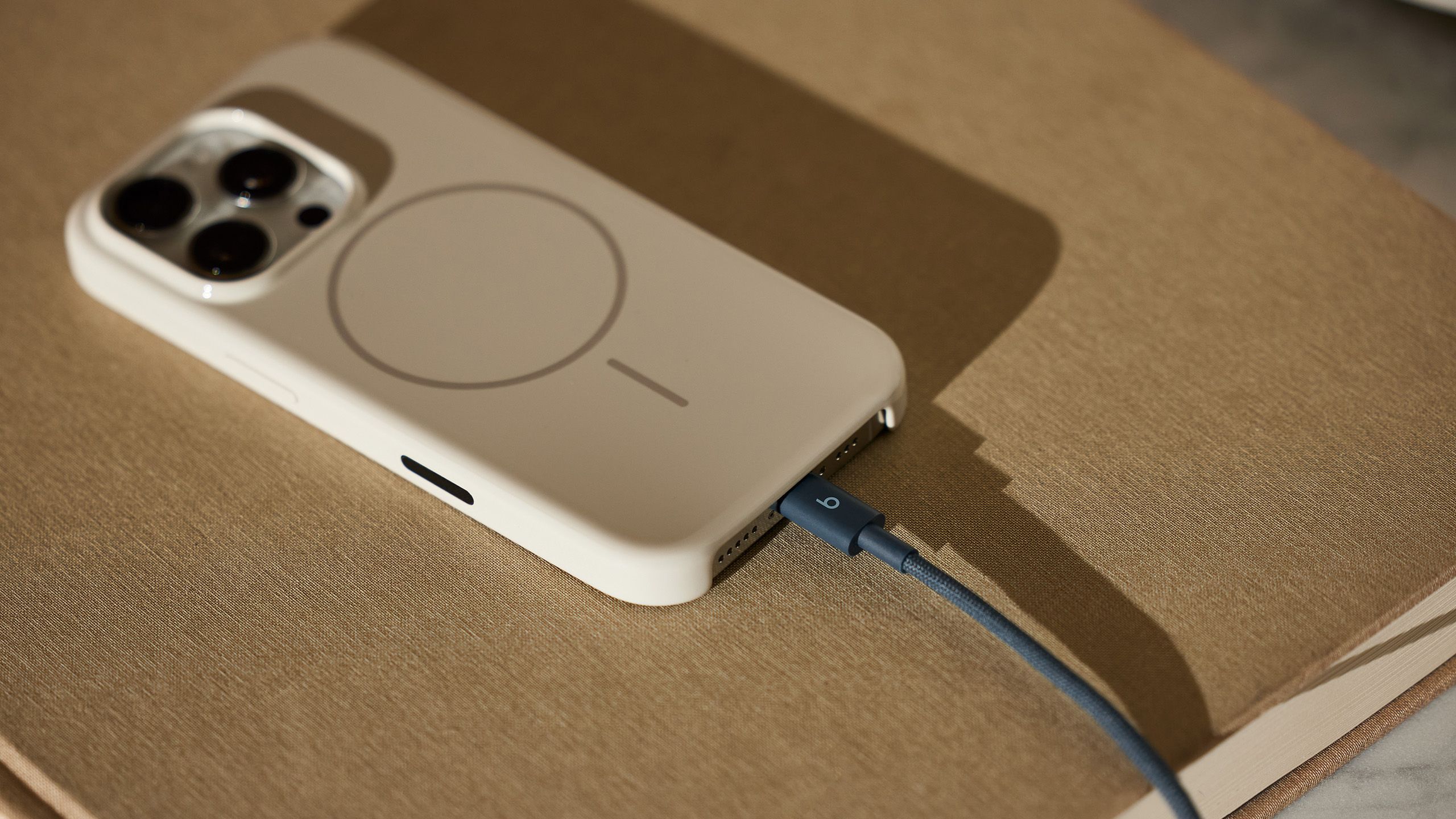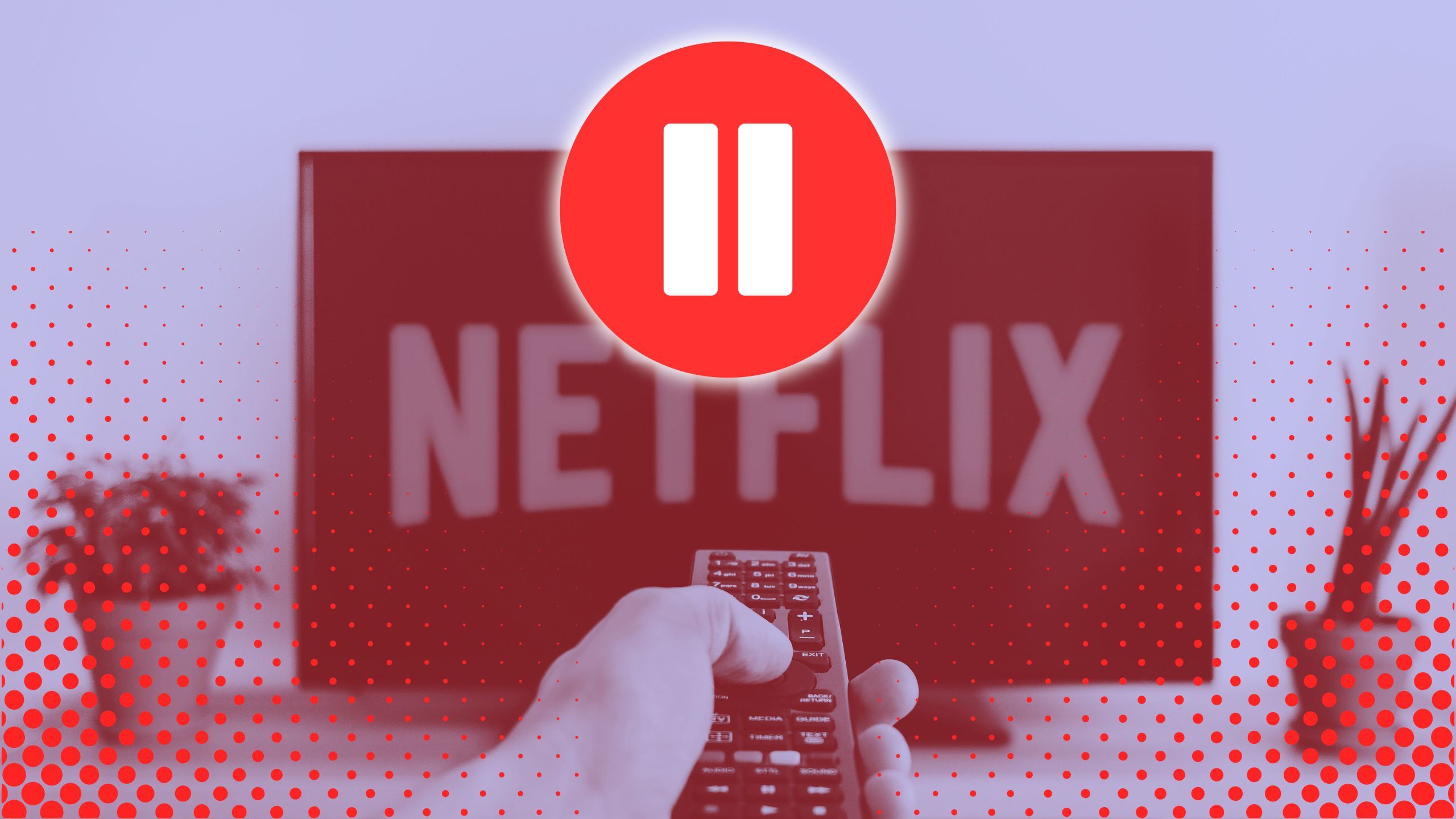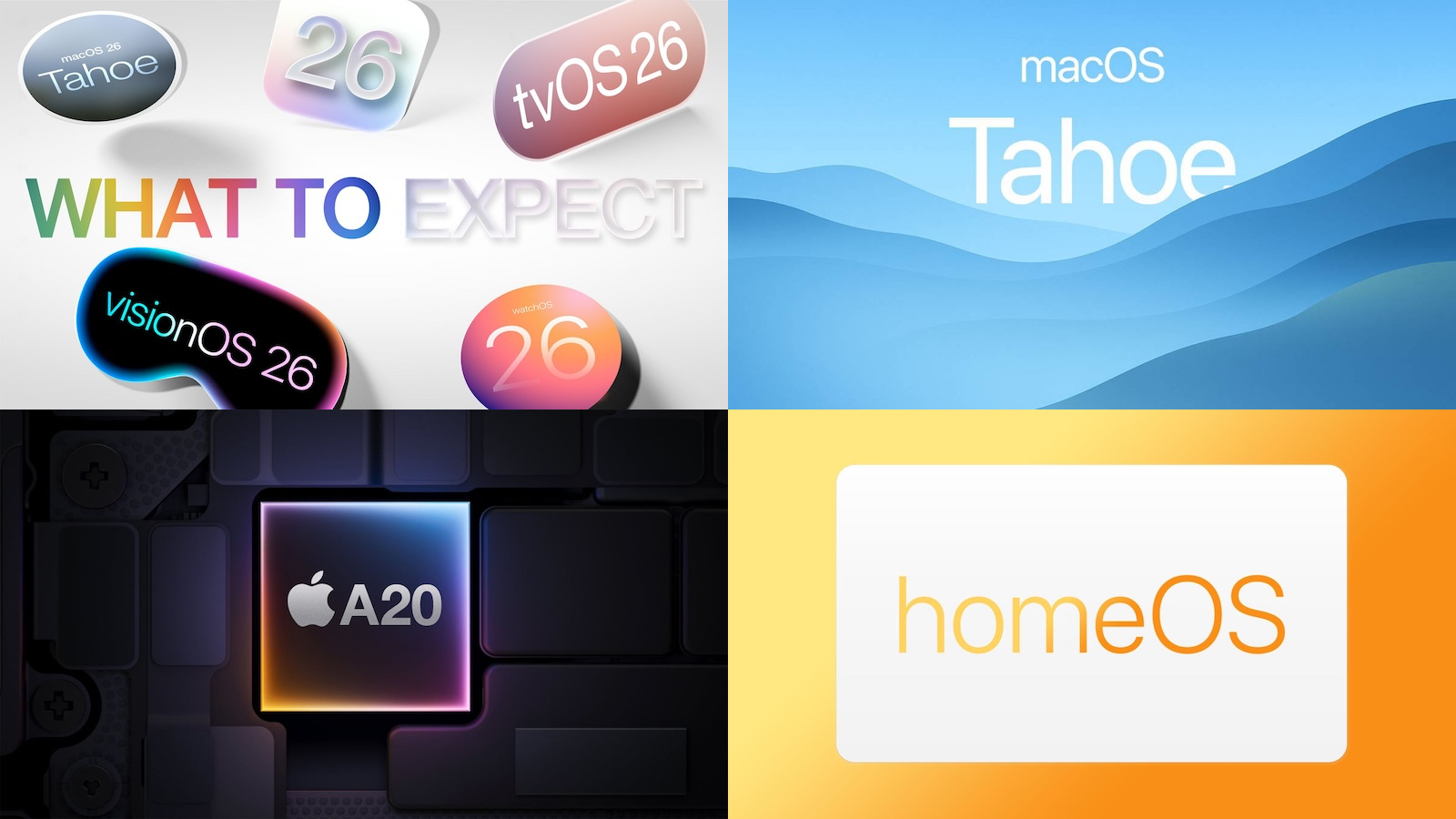4 new features of the newly launched GPT 4 that make ChatGPT an advanced multimodal chatbot
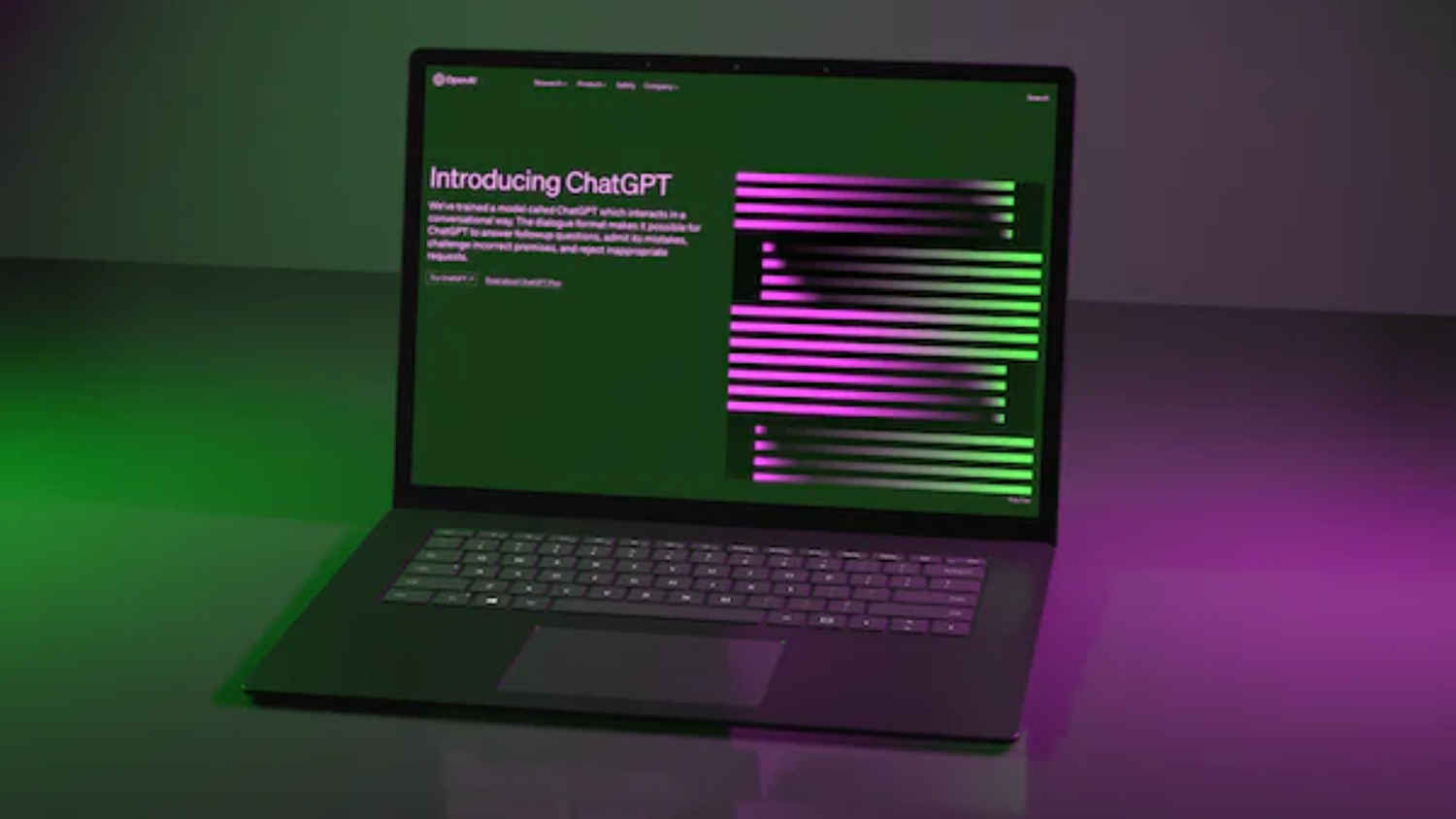
OpenAI has launched GPT 4. It claims to be 40% better at generating desired responses. It’s a multimodal chatbot that allows image and video inputs. Let’s see the new ChatGPT features and how advanced it is compared to its predecessor.
What is GPT 4?
GPT 4 is the successor to GPT 3.5, and as per its creator OpenAI, this new large language model (LLM) is its “most advanced system, producing safer and more useful responses”. Soon someday, it will be the brain of ChatGPT. Currently, ChatGPT relies on GPT 3.5 and this new ChatGPT 4 (so to speak) with GPT 4 foundation will be at first exclusively accessible to select developers and paid ChatGPT Plus users.
Why GPT 4 is termed multimodal?
GPT 4 is being called a multimodal bot because it supports multiple input types such as text, audio, image, and even video. It is reportedly capable of editing and generating images as well as videos from text inputs.
That brings us to:
GPT 4 uses and features
1. It is multimodal as explained above. That means it could process image, videos and even build websites as a discord bot.
2. It can respond more broadly and explain context with up to 25000 words (which is 8x the limit of ChatGPT).
3. Besides natural human like responses, GPT 4 can apparently also write like established songwriters and authors. That is basically mimicking their styles.
4. OpenAI claims GPT 4 is “safer and more aligned,” and should be able to give out 40% more desirable and factually correct information whilst also 82% less likely to respond to requests for restricted content.
List of GPT 4 applications
1. Microsoft Bing
2. Khan Academy
3. Dualingo
4. Stripe
5. Morgan Stanley
6. Govt. of Iceland
7. Be My Eyes



